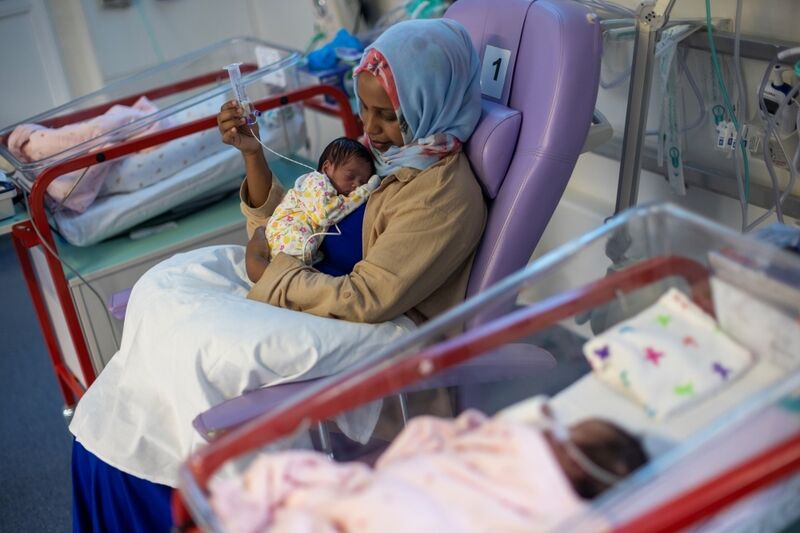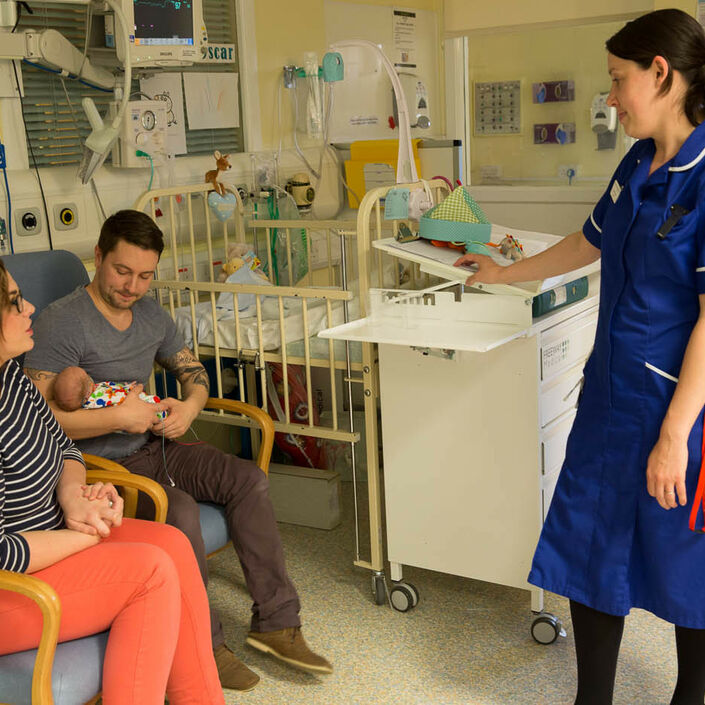Online support
You might not feel ready to talk to someone in person or you might prefer to access support online. There is a lot of online support available.
You can connect with other neonatal parents in the Bliss private Facebook group. This is for parents and carers with a baby born premature or sick, a community of parents and carers at various stages of their neonatal journey. This offers peer-to-peer support from people who understand the experience of having a premature or sick baby.
Some other online networks of parents and support for parents include:
Child Bereavement UK – a charity supporting families when a child dies or grieves
Mental health - NHS – practical information from the NHS to help you look after your mental health
Mental health services - NHS – a list of mental health services
Mind – the mental health charity, providing advice and support to empower anyone experiencing a mental health problem
OK Rehab – a support service for people that may be struggling with alcohol or substance addiction
PANDAS Foundation – a support service for families suffering prenatal, antenatal and postnatal mental illnesses
Peer support for birth trauma — Birth Trauma Association – a network of peer supporters who have suffered trauma during childbirth
Postnatal depression and perinatal mental health - Mind – guidance on mental health following having a baby
Sands – the stillbirth and neonatal death charity, supporting anyone affected by the death of a baby
Twins Trust – providing support for parents with multiples
Young Minds – providing support for young peoples’ mental health
Many dads and non-birthing partners tell us that they find it hard to reach out for support while their baby is on the neonatal unit. This may be due to feeling pressure to hold everything together, to go back to work or to look after other children/family and the responsibilities at home.
Other support networks and information aimed specifically at dads include:
Birth Trauma Association – information for fathers and non-birthing parents about birth trauma
Can fathers and partners get postnatal depression? - Mind – information on how PND impacts on non-birthing partners
Dads' Mental Health – PANDAS Foundation UK – information on how postnatal depression can impact on fathers
Dadsnet – offering advice, support and knowledge through a community of dads on practical parenting and fatherhood
Fathers and mental health – a guide for dads on how to support mental health and wellbeing
How pregnancy can affect dads and partners - Tommy’s – support for dads and non-birthing parents



